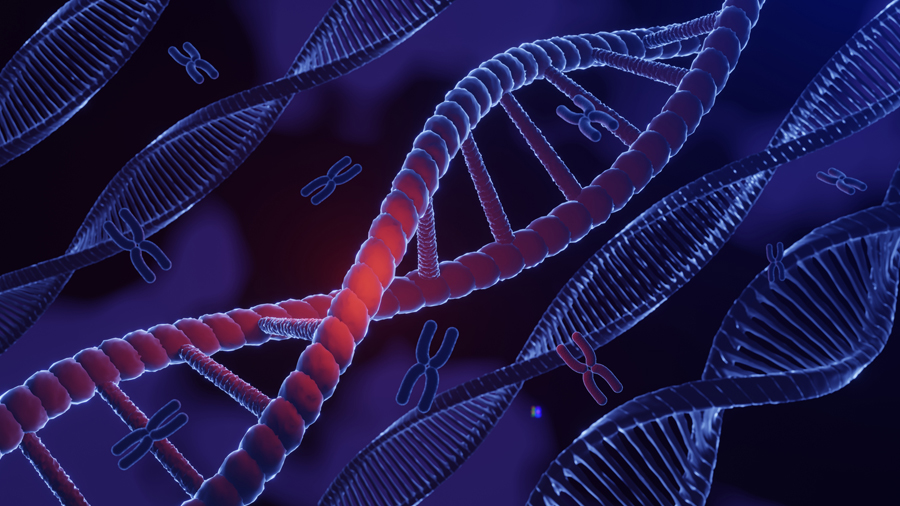The University signed a patent license agreement with Anew Medical, a US company developing innovative therapies for neurodegenerative diseases and cancer, that will allow them to work jointly and accelerate the development of the treatment so that it can enter the clinical phase. This gene therapy patented by UAB researchers protects mice against cognitive deficits associated with aging, improves motor function, and delays the onset of diseases such as amyotrophic lateral sclerosis (ALS) and Alzheimer's disease.

The Universitat Autònoma de Barcelona (UAB) and the biotechnology company Anew Medical have signed a licensing agreement that will allow UAB researchers to advance in the study of a gene therapy for Alzheimer's disease and amyotrophic lateral sclerosis (ALS) which they have patented and are currently developing. The study is led by researchers from the Institute of Neuroscience (INc-UAB) and from the UAB Department of Biochemistry and Molecular Biology, with the participation of the Catalan Institute for Research and Advanced Studies (ICREA), the Vall d'Hebron Research Institute (VHIR), and the Centre for Biomedical Research Network in Neurodegenerative Diseases (CIBERNED).
The licensed therapy is based on the anti-aging protein Klotho, expressed by the human gene of the same name. The UAB research groups led by Professor Assumpció Bosch, Miguel Chillon and Xavier Navarro have found that the regulation of this protein in the brain has neuroprotective, anti-inflammatory, antioxidant, regenerative and pro-myelinating effects, all of them involved in neurodegenerative diseases.
Researchers have already applied the Klotho gene therapy in mouse models of ALS and Alzheimer's disease with a single treatment targeting all skeletal muscles using non-pathogenic viral vectors called adeno-associated virus (AAV). The results obtained until now have shown a significant improvement in motor function and a clinically important delay in the onset of these diseases.
The aim of the gene therapy is to halt or delay the onset of pathological processes associated with neurodegeneration by providing sustained levels of the Klotho protein in the brain, the cerebrospinal fluid, and the motor neurons in muscle tissue with one single dose delivered to the central nervous system. Alternatively to the gene therapy, researchers also foresee that the protein could be administered exogenously.
The agreement signed with Anew will accelerate the preclinical development of the strategy and validate the results in different animal models with different gene isoforms.
"We will study the changes in the tissues most affected by the progression of these diseases and the effects of Klotho on the pathophysiology of the disease, to dissect the mechanisms of action of the protein, with the ultimate goal of finding a new treatment for this devastating pathology that can reach the clinical phase", say Dr Assumpció Bosch and Dr Miguel Chillón.
Dr Joseph Sinkule, CEO of Anew Medical, states that "We are quite fortunate to be able to work with these top-quality research institutions, such as the UAB, and with their researchers, as the data are very compelling and the medical need in ALS, Alzheimer's, and other neurodegenerative diseases is extremely urgent".
Anew Medical, which in the coming months will join the Nasdaq technology sector, is a US company developing disruptive new therapies to treat neurodegenerative diseases and cancer. With the exclusive license of this UAB patent, the company will finance the preclinical and clinical trials developed at the UAB and affiliated institutions.






